July 30, 2015
Over half of employees believe 9 to 5 work is an outmoded concept
 We’ve heard a lot lately about the plight of workers to take their work home, but according to new research by CareerBuilder.com, for a majority of workers, checking emails from home is their own choice. Well over half (63 percent) believe that working 9 to 5 is an outdated concept, with nearly 1 in 4 (24 percent) checking work emails during activities with family and friends. Half of these workers (50 percent) check or respond to work emails outside of work, and nearly 2 in 5 (38 percent) say they continue to work outside of office hours. Though staying connected to the office outside of required office hours may seem like a burden, most of these workers (62 percent) perceive it as a choice rather than an obligation. Interestingly, 50 percent of those aged 45 – 54 compared to 31 percent of 18- to 24-year-old are willing to work outside of office hours.
We’ve heard a lot lately about the plight of workers to take their work home, but according to new research by CareerBuilder.com, for a majority of workers, checking emails from home is their own choice. Well over half (63 percent) believe that working 9 to 5 is an outdated concept, with nearly 1 in 4 (24 percent) checking work emails during activities with family and friends. Half of these workers (50 percent) check or respond to work emails outside of work, and nearly 2 in 5 (38 percent) say they continue to work outside of office hours. Though staying connected to the office outside of required office hours may seem like a burden, most of these workers (62 percent) perceive it as a choice rather than an obligation. Interestingly, 50 percent of those aged 45 – 54 compared to 31 percent of 18- to 24-year-old are willing to work outside of office hours.







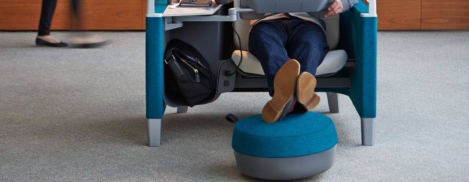









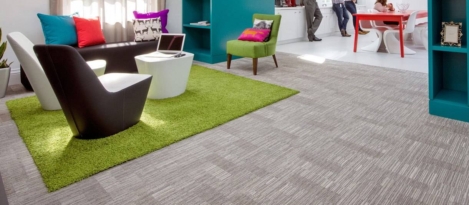
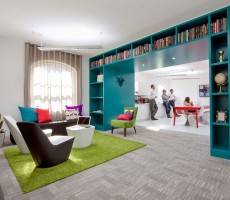
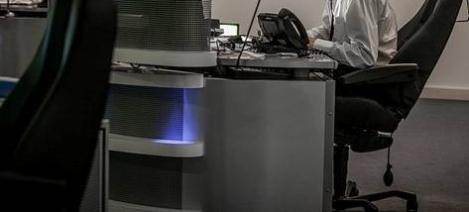
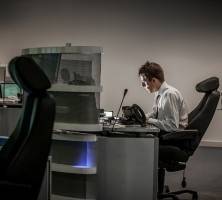


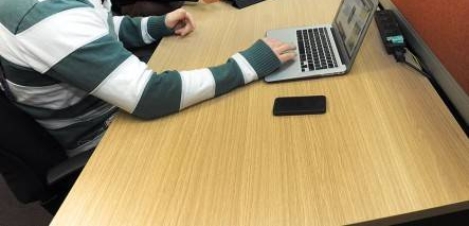
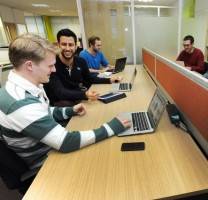














August 14, 2015
Far from being on board, older women still face recruitment bias 0
by Sara Bean • Comment, News, Workplace
More →